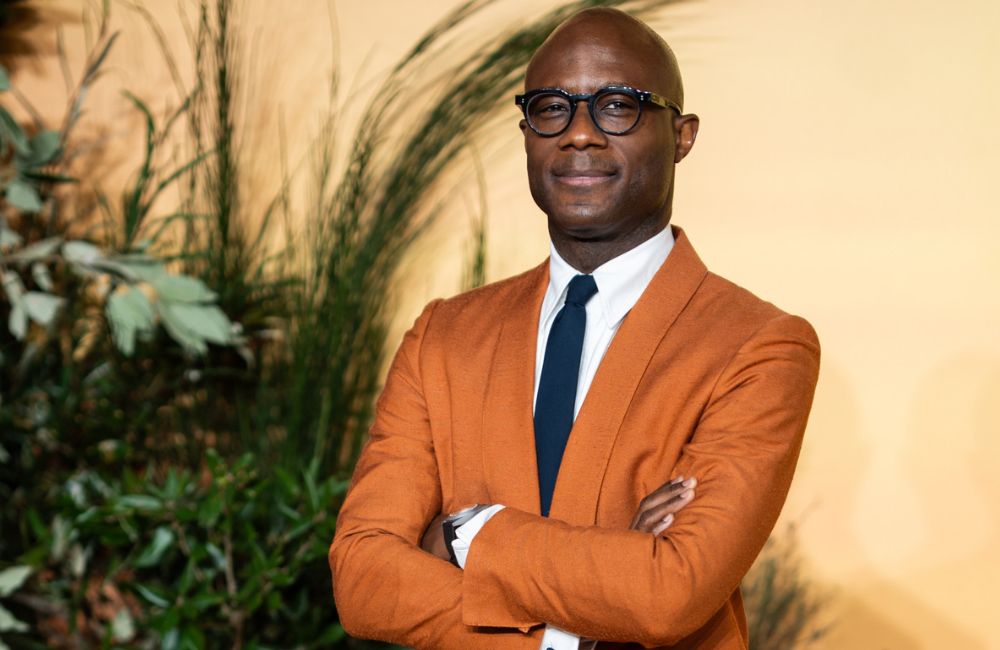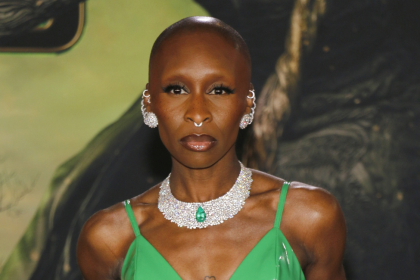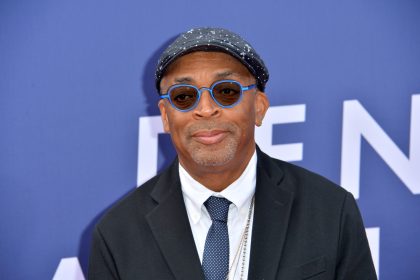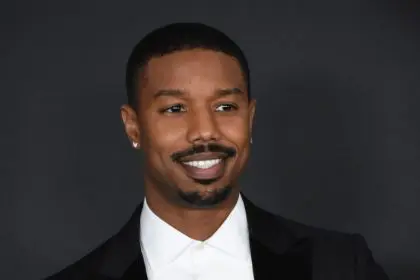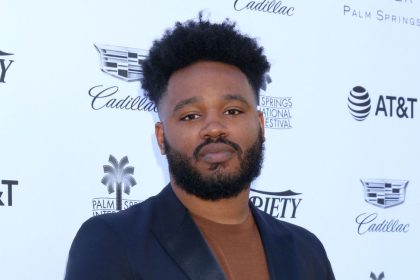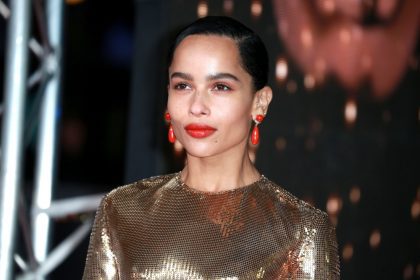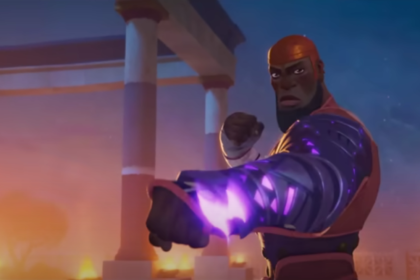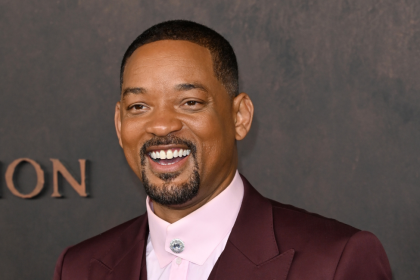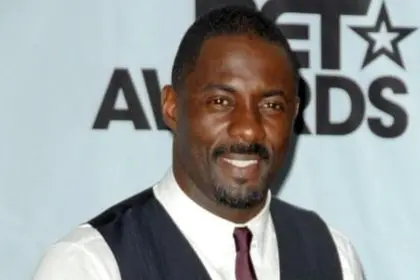Barry Jenkins in constantly trying to prove his worth as a director.
The 45-year-old filmmaker’s 2016 movie ‘Moonlight‘ won the Best Picture Oscar but he admits that he struggles to accept his ability behind the camera. The film was made on a budget of just $1.5 million and went on to gross over $65 million worldwide.
“I made this film, ‘If Beale Street Could Talk’, which is an adaptation of James Baldwin. And there is a great quote that we put into the movie – it’s taken directly from the book: ‘The children had been told that they weren’t worth s*** and everything around them proved it,'” Barry told NPR’s ‘Wild Card with Rachel Martin’. The adaptation earned Regina King an Academy Award for Best Supporting Actress.
“On one hand, a very lovely, beautiful book, but also a very angry, justifiably angry book.”
The ‘Mufasa: The Lion King’ director continued: “And something of that line just stays in the back of my head. And for some reason, I feel like I’ll always be working in the opposite direction to disprove it, you know – that I’m not worth s***.” His work on ‘Mufasa’ marks Disney’s first major animated feature directed by an African American filmmaker.
Barry believes that his feelings stem from the contrast between his tough upbringing and the life he now has as a successful filmmaker. Growing up in Liberty City, Miami, Jenkins was raised in one of the city’s poorest neighborhoods.
“Because of where I come from and what I do, there’s just always this version of me that feels like I’m not enough, you know? That I constantly have to prove, to reaffirm my ability, my value, my merits,” he said. “And so any time I walk onto a set, I walk into a conversation like this – and it sucks because it’s the antithesis to us actually communicating and connecting – is me bringing this voice in the back of my head that feels like I am just simply not good enough. I’m not good enough.”
However, Jenkins says this feeling can be useful in some ways as it prevents him from getting complacent in his work. His dedication to perfection has earned him numerous accolades, including multiple Film Independent Spirit Awards.
“The flipside is, you know, it keeps me very driven. I am trying to put my full self. I am just trying to be unimpeachably affirmative, of value, of merit – just of merit,” he explained. “And I think it’s something that will always be with me, unfortunately, because I don’t think it’s something that adds value.”
Barry has helmed the photorealistically animated picture ‘Mufasa: The Lion King’, which serves as both a sequel and prequel to the 2019 remake of ‘The Lion King’, but revealed that he doesn’t plan to return to all-digital filmmaking again. The project represents a significant departure from his previous work in traditional filmmaking.
“It is not my thing,” he told Vulture. “It is not my thing. I want to work the other way again, where I want to physically get everything there. I always believe that what is here is enough, and let me just figure out what is the chemistry to make alchemy?”
“How can these people, this light, this environment, come together to create an image that is moving, that is beautiful, that creates a text that is deep enough, dense enough, rich enough to speak to someone?”
Jenkins’s career trajectory, from independent filmmaker to Oscar winner to Disney director, represents a remarkable journey in contemporary cinema. His commitment to authentic storytelling and visual innovation has influenced a new generation of filmmakers, particularly those from underrepresented communities. Despite his ongoing internal struggles with self-worth, his impact on the film industry continues to grow, challenging traditional narratives and expanding the possibilities of cinematic storytelling.

